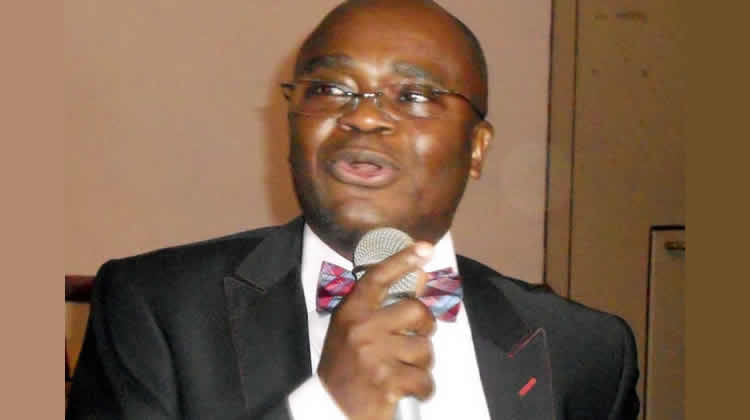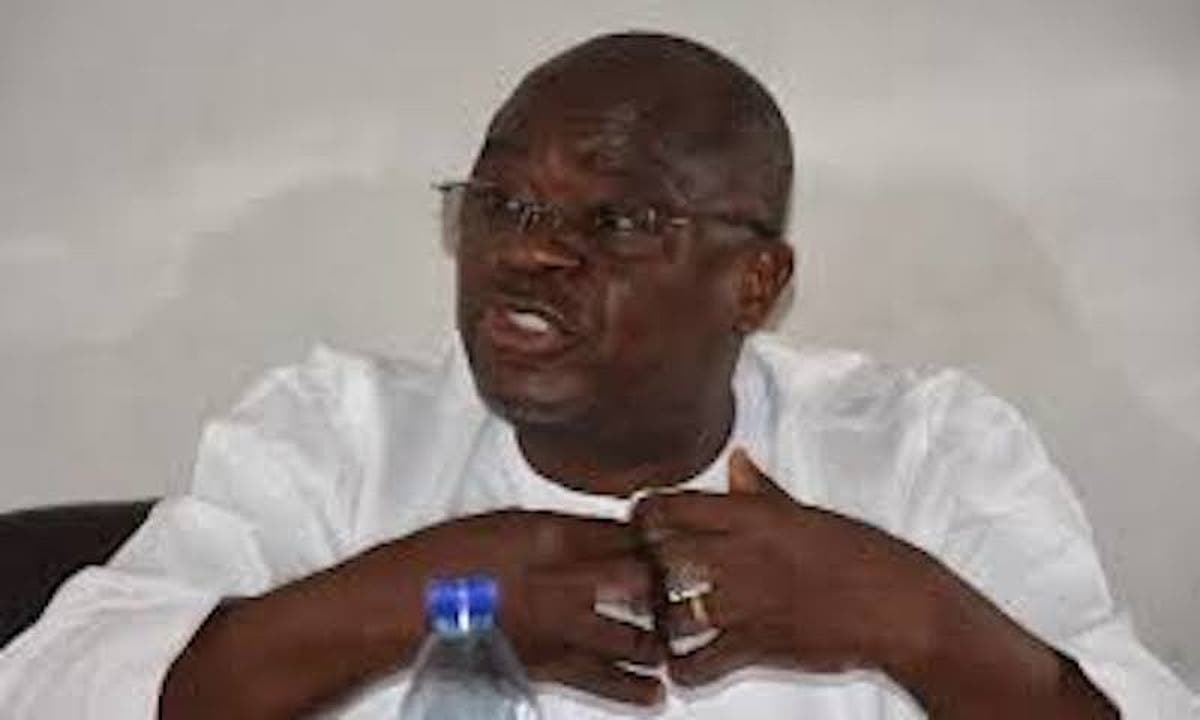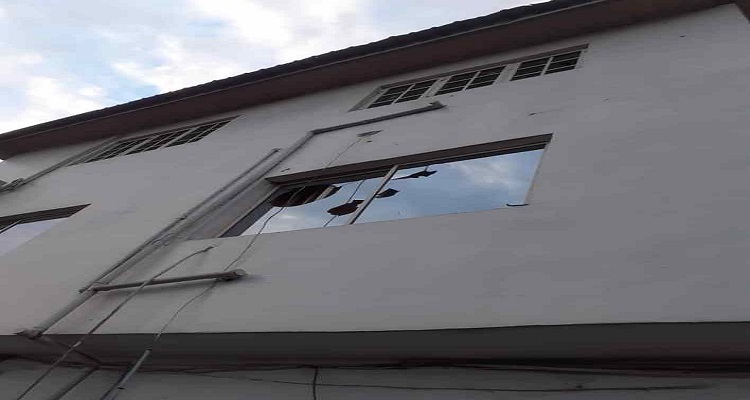News
NNPCL Fulfilling Mandate Amid Challenges, Opeifa Explains

Executive Director of the Centre for Sustainable Mobility and Development, Kayode Opeifa, has affirmed that the Nigerian National Petroleum Company Ltd (NNPCL) is fulfilling its duty to distribute petroleum products across Nigeria.
Eko Hot Blog reports that The former Lagos State Commissioner of Transport during an interview session on TVC and Channels TV, assured that despite sabotage and infrastructural challenges, the NNPCL has strategically positioned itself to manage the delivery of Premium Motor Spirit (PMS) across Nigeria.
Opeifa commented on the recent supply disruptions, attributing residual issues to market dynamics rather than regulatory failure.
He noted that some stakeholders, including Olisa Agbakoba (SAN), criticized the NNPC, accusing it of acting as a regulator.
He highlighted that under the Petroleum Industry Act, NNPCL has been empowered not only as a significant importer of PMS but also as a “provider of last resort” to ensure energy security, emphasizing that the Act prohibits price controls while empowering the Federal Competition and Consumer Protection Commission (FCCPC) to monitor against exploitation.
EDITOR’S PICK:
- Gov. Adeleke’s Phone Hacked – Osun Issues Fraud Alert
- Fed Govt Distributes 740 Bags of Rice to Aid Food Crisis
- Labour Leaders, Tinubu Resume Talks On Minimum Wage Agreement
“For NNPC, Nigerian Midstream and Downstream Petroleum Regulatory Authority (NMDPRA) and Nigerian Upstream Petroleum Regulatory Commission (NUPRC), I will say the NNPC, NUPRC do not carry the blame. Neither do the NMDPRA carry the blame in this regard, because they came out, and told us openly, that clearly we have issues. It’s going to take a week. And after that week, if you now see scarcity beyond management, yes, you blame them.
“In this case, I monitor this. Within the period they say the thing will go down, it went down. Not completely. Do you know why it will not go completely? I saw vehicles on NNPCL and I asked if there was fuel scarcity and they said no, it’s because of the price. And that’s the reality now. Because the sector is deregulated, people are free to sell at different prices. So, I won’t blame an NNPC on this case. I think they’ve even gone beyond. That’s why somebody (Agbakoba) referred to an NNPC as possibly the regulator also.”
Opeifa explained that the PIA authorizes the NNPCL to participate in the importation of PMS, noting that the NNPCL is not the sole importer and has greater capacity to access the foreign exchange needed for importing petroleum products.
He emphasized that the PIA designates the NNPCL as a “provider of last resort,” a major mandate to ensure energy security. The PIA also prohibits a price cap for petroleum products, empowering the Federal Competition and Consumer Protection Commission (FCCPC) to monitor price gouging.
Opeifa claimed that some stakeholders are sabotaging the system to frustrate NNPCL’s efforts to ensure a seamless supply of PMS to Nigerians.
He said, “The PIA also says nobody should control the prices and only mandates, the FCCPC to be the one to monitor, price gouging. And when you have all those things, that means if everybody works together, you may see a better situation.”
Regarding stakeholders impeding progress, Opeifa asserted, “Definitely, you will see a better situation. But what you have in this case, you also have stakeholders who are also taking the opportunity to profiteer.”
“There is arbitrage, there is, I don’t like using the word, sabotage, and there is also people with passion doing the job well but definitely, in this case, they said it is environmental, that is a thunderstorm.”
Opeifa expressed optimism that the industry would improve if stakeholders allowed the PIA to function effectively.
He suggested that the PIA would enable more stakeholders, alongside the Dangote Refinery, to establish refineries, ensuring a sufficient supply of PMS in the country.
CLICK HERE TO WATCH OUR VIDEO OF THE WEEK
Advertise or Publish a Story on EkoHot Blog:
Kindly contact us at [email protected]. Breaking stories should be sent to the above email and substantiated with pictorial evidence.
Citizen journalists will receive a token as data incentive.
Call or Whatsapp: 0803 561 7233, 0703 414 5611









